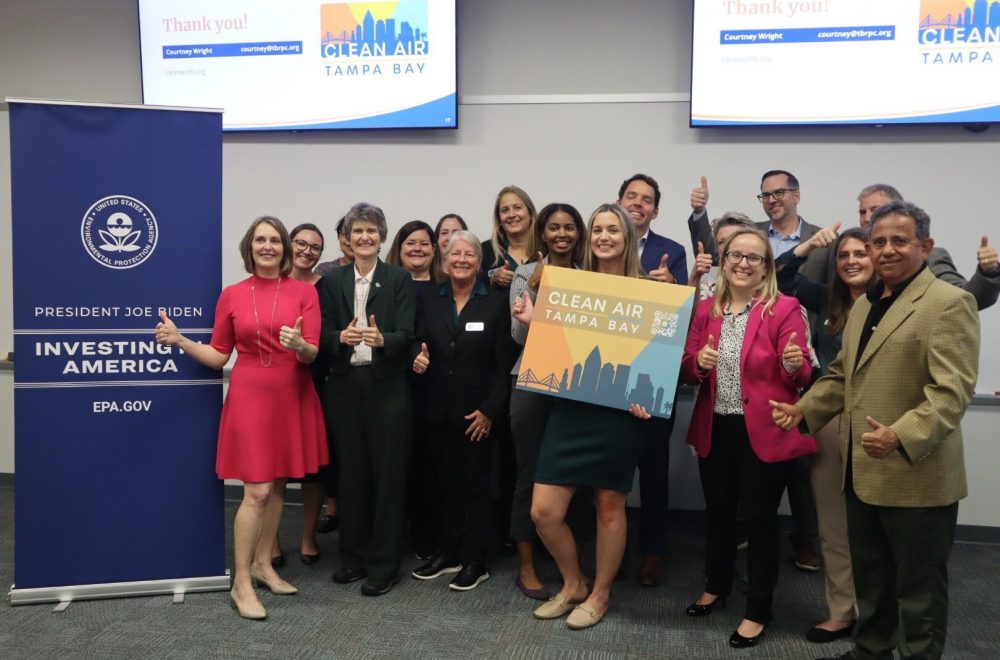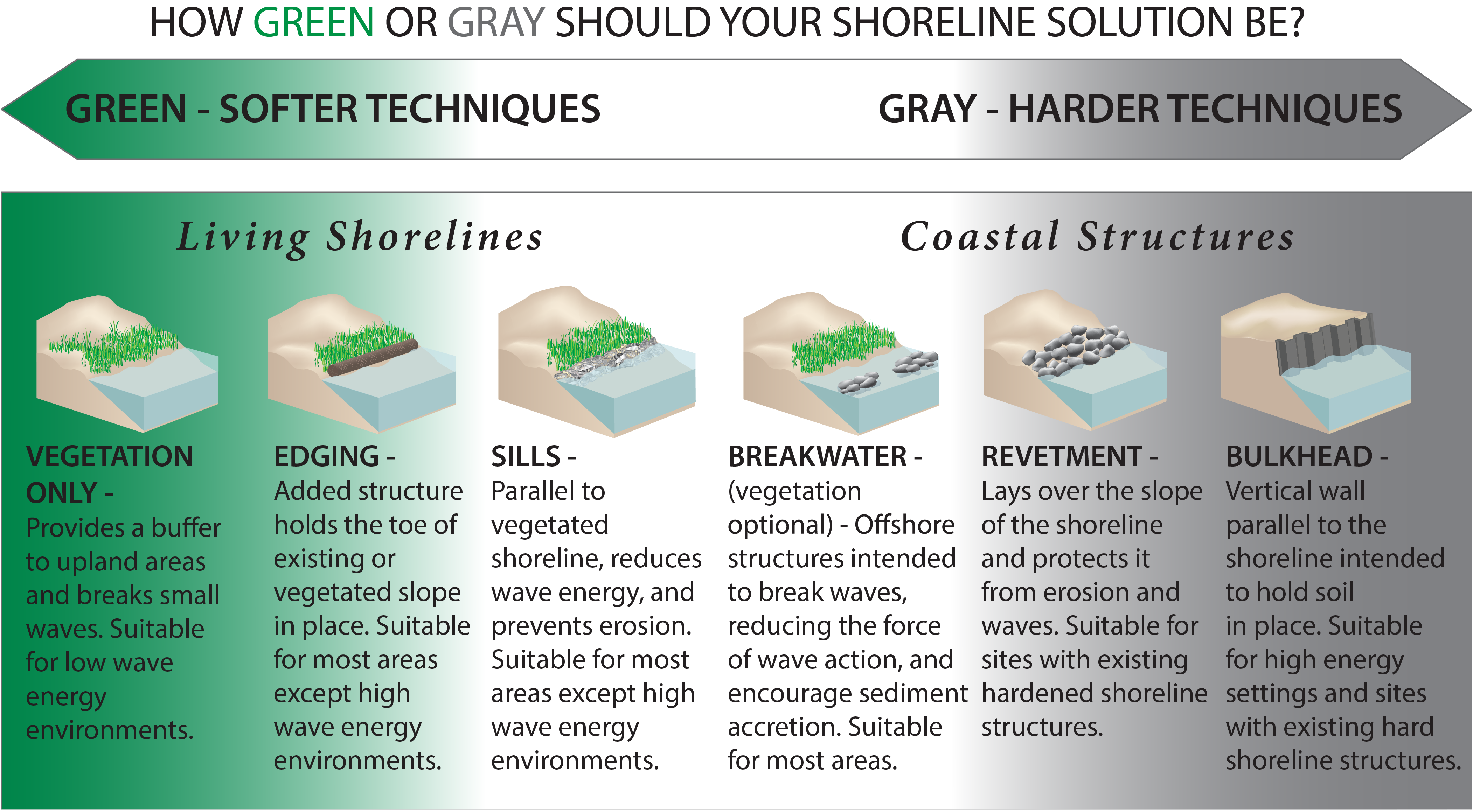A $500,000 grant from JPMorgan Chase to the Tampa Bay Regional Planning Council is a big first step to planning more resilient affordable housing in the region. The two-year grant program will fund the Council’s new Resilient and Energy Assessment of Communities and Housing program, known as REACH.
REACH will create consistent data and mapping that will help communities better measure and understand the problems affordable housing residents face both before a weather disaster strikes and afterwards.
This program will bring together community organizations, local governments and housing experts to consider the risks facing affordable housing and its residents during flooding and pending sea level rise. They will look at potentially wide solutions as well as specific changes needed for individual neighborhoods.
REACH’s team will include experts from the Florida Housing Coalition, United Way Suncoast, the University of Florida’s Shimberg Center for Housing Studies, and the University of South Florida’s Florida Center for Community Research and Design.
“As we work to increase access to affordable housing for Tampa Bay residents, it is critical that we understand the risks these communities face from natural disasters – especially those in the most vulnerable areas for flooding and storm surge,” said Mel Martinez, Chairman of the Southeast U.S. and Latin America for JPMorgan Chase. “We are investing in this initiative to help community organizations, local government and housing developers understand these risks and ensure that new development or redevelopment plans reflect consistent resiliency standards.”
In recent years, local governments have studied the vulnerability of critical infrastructure such as roads and drainage systems. Now, by analyzing affordable housing, REACH will gather a wide range of information, not only on structures and related infrastructure, but on the human element as well.
It’s important to put more thought into improving and replacing affordable housing because that’s what houses the workforce – from teachers to social workers to the police force – that is essential during a crisis, said Laurie Schoeman, Senior National Program Director of the Resilience and Disaster Recovery, Enterprise Community Foundation.
She highlighted some key components of successful, resilient affordable housing during a talk at the recent “Champions of Change: Creating Resilient Communities” summit hosted by the Tampa Bay Regional Planning Council, where the mayors of Tampa, St. Petersburg and Clearwater took part in a grant ceremony with JPMorgan Chase officials and Planning Council leaders.
Schoeman’s tips for more resilient affordable housing included:
- Housing should be designed for future risks, not just current risks.
- Community connections must be maintained – housing can’t be built alone in a silo.
- Residents of affordable housing are more likely to remain in their homes even after the buildings are damaged by severe weather, or if there are prolonged power outages.
The information REACH assembles over two years will show what and where the needs are for making affordable housing more resilient, helping communities establish effective strategies and policies going forward.




